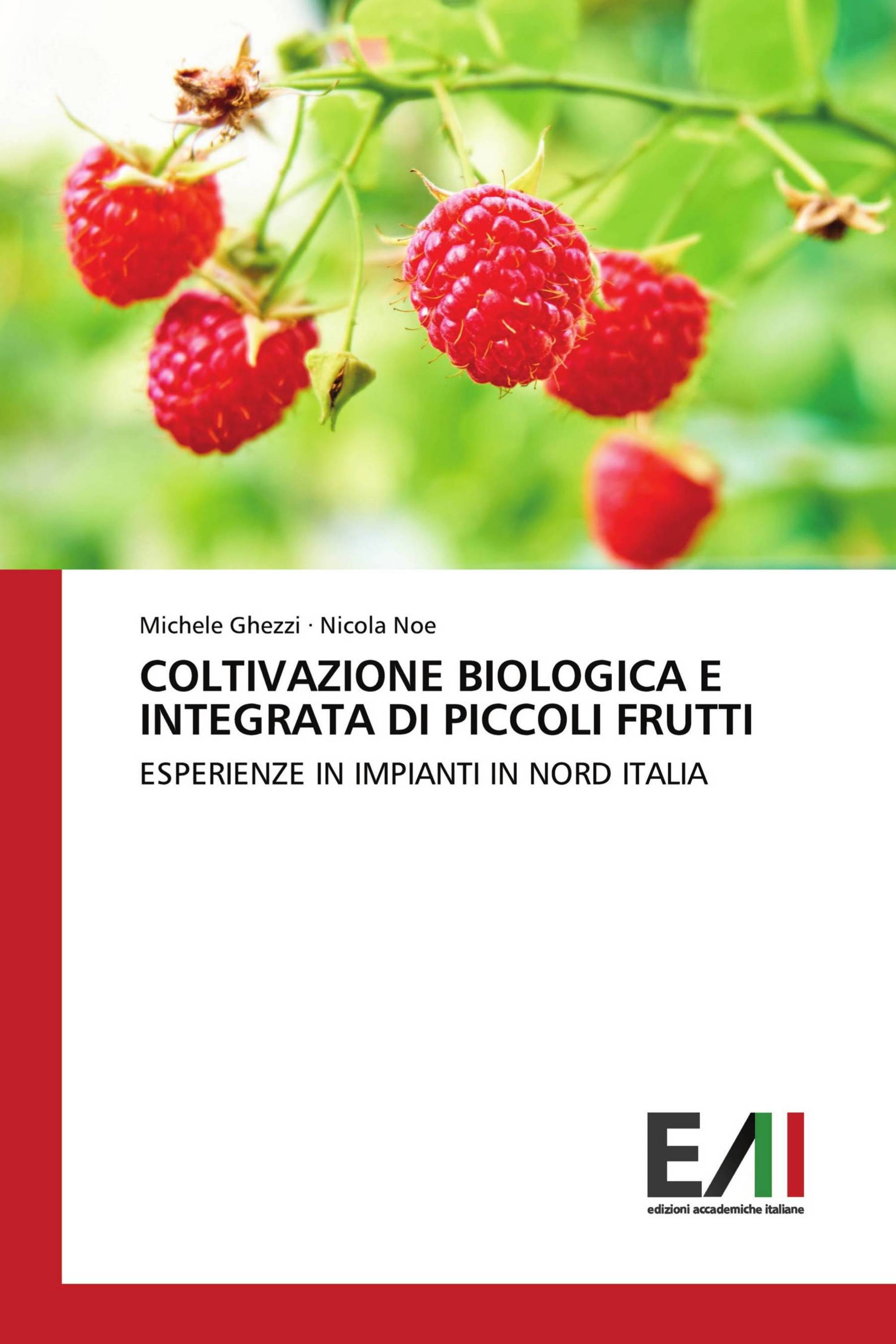The potential in the German market is great for blueberry and other berries, Elzette Schutte, Operations Manager of Berries South Africa (Berries ZA, the industry association for the berries sector in South Africa), told the German magazine Fruchthandel. But other markets are also interesting for South Africa - both existing and new ones.
Which varieties are coming onto the German market? Are new varieties being worked on, including competitors and the development of (new) export windows?
Elzette Schutte: In air transport alone, we export about 20 different varieties. We are constantly working on new varieties, which are currently being tested in all the major breeding programmes going on in South Africa. It is important that South Africa is able to provide blueberries twelve months a year, but we are not there yet. So new varieties that fall within the new, less traditional export windows will be very interesting for us.

What are the advantages or differences in the German market?
The German market is the largest retail market in Europe, with large retailers such as Edeka, Kaufland and Rewe and the strong discounters Aldi and Lidl, who can therefore sell a lot of fruit. However, because they sell large quantities, there is a price disadvantage and special offers are the norm as retailers in Germany struggle for market share.
What exactly is the promotional campaign for the German market?
We believe that we are not realising the full potential of the German market, so we want the German public to be more aware of blueberries South Africa. We plan to do this with a commercial media campaign and effective advertising, perhaps a little differently than in the past.
Is Covid-19 more of a nuisance factor or can the pandemic help because people want to eat healthier?
It is both! It has been a major disruptive factor for our producers and exporters, as everyone in the world has experienced. But the show must go on, and it has. The pandemic has certainly caused a rethink among many people to eat healthier and lead a healthier lifestyle. We have also seen this trend in the consumption of antioxidant-rich foods, such as blueberries.
blueberries is considered a superfood. The berry segment has been growing for years. What is the basic assessment of the potential? Could other berries follow suit?
We look at what is produced and consumed in the Northern Hemisphere, and based on that, we see a great opportunity to supply the Northern Hemisphere. Far Eastern markets are also very interested in blueberries and produce this product themselves. Supplying China in the off-season could tip the balance in South Africa's favor, but accessing new markets is difficult and time-consuming. Because of the nature of raspberries and blackberries, it will be more difficult to export these products because they must be transported exclusively by air. If it turns out that another super berry has the same or greater health benefits as blueberries, we will definitely consider it as a supplier country.
Where does Berries ZA concentrate: organic or conventional?
In South Africa, we focus mainly on conventional cultivation, although there are growers who successfully cultivate organic blueberries .
Because of their nature, raspberries and blackberries can only be transported by air.
What is the situation with the expansion of cultivated areas?
Currently, blueberries is cultivated on 3,300 hectares. By 2025 we want to expand to around 5,000 hectares.
What are growers doing to make their plants more efficient? Climate is always an obstacle, as are diseases and pests...
Berries ZA is registering more pesticides for use on blueberries, which will make the never-ending battle against pests and diseases a little easier for our growers. Nurserymen and growers are constantly rethinking our growing options, pruning methods and fertigation techniques. Our industry is still in its infancy, so I think we will see a lot of changes in the way we grow our berries in South Africa in the future.

To what extent is it necessary to invest in the different areas of the chain to realise the full potential?
For South Africa, our main objective is not only to enter new markets, but to actively develop existing traditional markets. Market entry is a time-consuming process and while we are waiting for it, we believe it is extremely important to develop and invest in existing markets because they have the potential to grow.
What role does packaging play?
It is certainly a topic of discussion. We are driven by the demands of our customers - and we strive together with them to find sustainable solutions that are good for the products and their journey abroad and good for the environment.
Source: Fruchthandel
Fruchthandel is part of the NCX Media network







